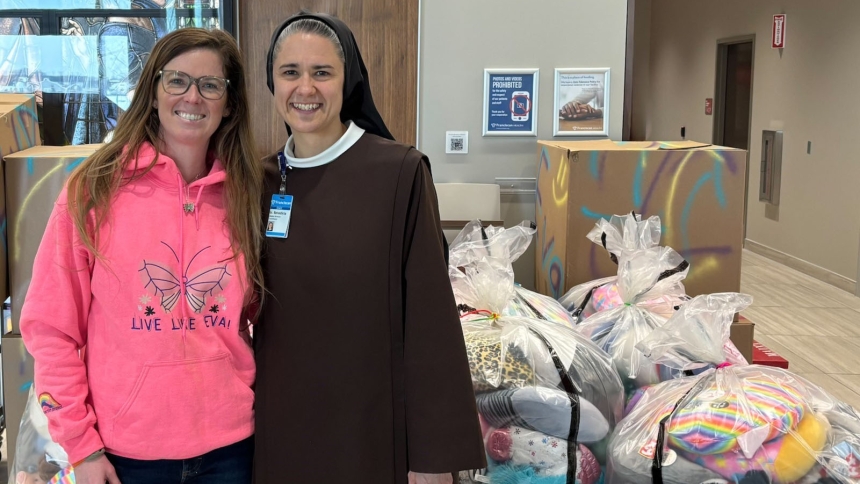
As published in the Northwest Indiana Catholic on June 19, 2016
Marriage and family are significant components of the Church’s mission. As evidenced by the recent synod in Rome and Pope Francis apostolic exhortation “Amoris Laetitiae,” the Catholic Church wants to serve, form, support and help married couples and families to live their essential vocation with faith, hope, love, joy and generosity.
Our theology and spirituality of marriage and family life is so rich, deep and beautiful because we see these sacred covenants as sacraments of God’s inner Trinitarian life and the spousal relationship between Christ and the Church. Marriage and family lived well manifest how God loves and relates to us.
Yet we all know how challenging marriage and family life can be. Women and men think and communicate very differently. Busy schedules today allow little time to nurture familial relationships. Many couples choose to live together without a permanent commitment. Work, parenting, schedules, crises and conflicts can overwhelm. And many marriages end in separation or divorce.
The Church wants to draw close to married couples and families to support them in living out their vocation, to offer welcome and healing to those who experience the pain of familial breakdown, and to prepare couples well who are engaged to be married.
The Church sees the family as the domestic Church because it is within the sacred and unique bonds of parents and children that we first experience God’s love, nurture, learn how to pray and come to believe. If the Church is an outward expression of God’s inner life of self-giving and loving, in other words, if the Church is a family, then every individual family lives that same mystery.
In praying and struggling, in fighting and forgiving, in working and playing, in loving and sacrificing and ultimately, in joining together with the parish family to celebrate the Eucharist, each family incarnates the very life and grace of God.
I have great memories of my childhood, growing up with five brothers in a small house, learning to share toys, chores, limited space and parental attention. We prayed the Rosary every night after supper, whether we wanted to or not. We went to early Mass every Sunday and sometimes during the week. My parents were deeply involved in our lives, yet gave us freedom in appropriate ways.
I learned that life was not essentially about me, that things went better when we worked together, that sometimes we each need to sacrifice ourselves for the good of the others and that I would not always get my way. I also came to experience the presence and love of God within my family and the world. I learned how to love, believe and work for the common good.
As we experience the synod process together, a key area of discussion and prayer will be marriage and family. Specifically, how can the Church be a better support to families, especially those who are hurting and broken? How do we not only more effectively prepare engaged couples for the life and beauty ahead of them, but also be there three, five or even ten years later?
How do we offer effective support to persons and families who are going through the pain of separation and divorce? How do we better catechize and form young people in the beauty and truth of their own sexuality as a divine gift meant for marital intimacy and the creation of children? That we are sexually wired to give love and life to others?
How do we walk with those who may experience confusion about their sexual identity or are suffering the effects of abuse? How do we welcome and serve gay Catholics with sincerity and love? How do we teach couples, families and children to pray together and indivicually? How do we fuse love and truth, the teachings of the Church and pastoral application to concrete situations?
In his apostolic exhortation, Pope Francis reminds us that family life is not a problem to be solved but rather a gift to be embraced and a vocation to incarnate God’s love and grace in the world. We should never diminish or water down the high ideals of marriage and family that Catholicism presents, but we need to translate that beautiful theology and spirituality in language, programs and action that truly help married couples, parents and children to understand the spiritual meaning of their lives, bound together in Christ as a domestic Church, a sacred circle of love, grace, mercy, prayer, faith and service.
+ Donald J. Hying



